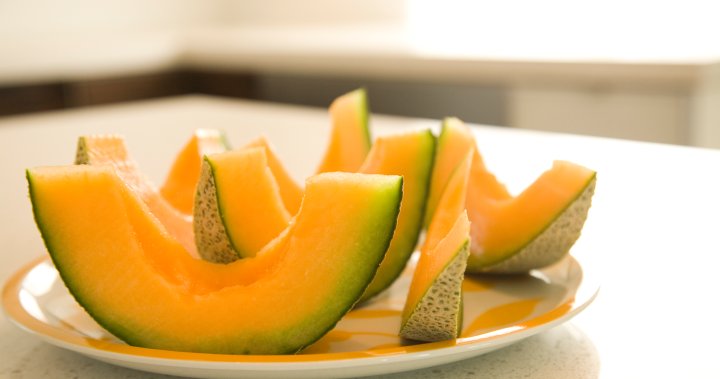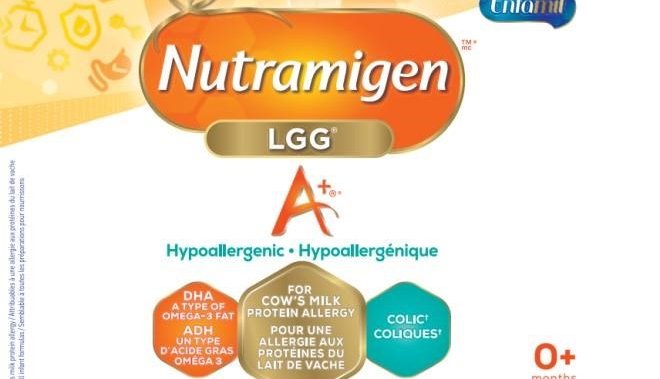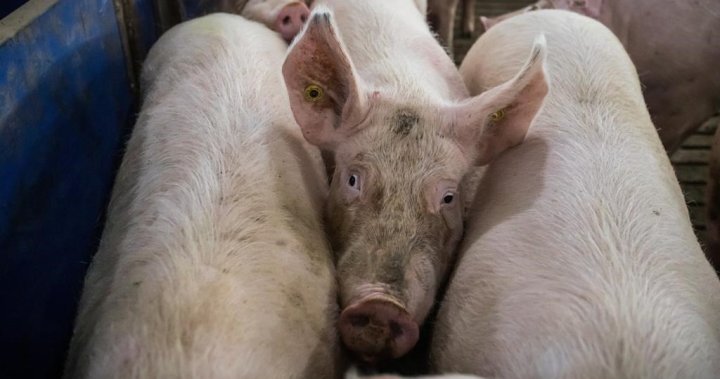A string of fruit-related recalls have been issued in Canada over the past couple of months amid an outbreak of salmonella infections across the country.
The Public Health Agency of Canada said in an update Wednesday that at least 26 lab-confirmed cases of salmonella have been reported in British Columbia, Ontario, Quebec, Prince Edward Island and Newfoundland and Labrador.
Based on its investigation, the agency has identified Malichita brand cantaloupe as the likely source of the outbreak.
Meanwhile, other fruit salads and fresh-cut fruit sold by different companies have also been recalled over concerns of salmonella contamination.
The Canadian Food Inspection Agency is continuing its food safety investigation, which may lead to the recall of other products, the CFIA says.
Here is what we know so far:
In October and November alone, the CFIA has issued at least seven recalls of fruit over salmonella risks, according to a Global News analysis.
Most of these recalls have been for different brand of cantaloupe – both pre-cut chunks and whole melons.
The companies whose cantaloupe products have been taken off the shelves include: Malichita, Fresh Start Foods, Groupe Tomapure, Fruit Pure, Urban Fare, Save on Foods, Central Foods Co.
Pre-cut fruit like honeydew, pineapple, watermelon and various fruit trays sold by other brand such as GFS, Kitchen Essential and Ready-Set-Serve by Markon have also been pulled.
These products were sold or served in hospitals, restaurants and retail outlets across Canada.
The recalled Malichita cantaloupe were sold between October 11 and November 14.
PHAC says 26 cases of Salmonella Soahanina and Sundsvall illness have been linked to the outbreak related to the Malichita cantaloupe recalls.
These illnesses occurred between mid-October and early-November.
Six people have been hospitalized, but no deaths have been reported, according to the agency.
“Some of the individuals who became sick reported having eaten cantaloupe before their illnesses occurred,” PHAC said in the Nov. 22 update.
The agency says more illnesses may be reported in this outbreak.
Salmonella is a type of bacteria that’s very commonly associated with foodborne outbreaks, said Brian Coombes, professor and chair of the department of biochemistry and biomedical sciences at McMaster University in Hamilton, Ont.
“Foodborne outbreaks are a concern”, because they affect people “indiscriminately” – from the very young to the old, he told Global News in an interview Friday.
“The larger concern with salmonella infections is we see them to becoming more drug resistant,” Coombes added.
“And so if people are hospitalized with very severe infections who are critically ill, the treatment options become more limited as the bacteria become more resistant to our current arsenal of antibiotics.”
Fruit can get contaminated during handling, said Coombes, so if you are buying pre-cut cantaloupe or another packaged fruit from the supermarket, it has likely been handled at least a couple of times before you consume it.
So anywhere in the processing chain from the taking off the skin or rind and then cutting into cubes, there is a possible entry route for contamination from either the utensils used or from the individual handling the food product, he explained.
Whole cantaloupes can also get contaminated at the source by being exposed to animals, birds and other kinds of wildlife that are carriers for salmonella.
“There’s lots of points of entry where the product itself could become contaminated,” he said.
The CFIA and PHAC are warning Canadians not to consume the recalled products.
If you are unable to verify if you have the recalled brand of fruit in your fridge, PHAC recommends throwing it out.
All surfaces, including countertops, containers, utensils, and storage areas such as freezers and refrigerators that may have come into contact with the recalled products should be cleaned and sanitized.
Coombes advised buying the products that are least processed, meaning a whole cantaloupe is still better than a pre-cut one, he said.
All fruit, including the rind, should be washed properly before consuming even if you are not eating the skin, he added.
If you’re cutting raw meat, make sure that same knife is washed before used for cutting vegetables or fruit.
“The message is just to understand what it is you’re buying, where it’s coming from and how based on the format of the packaging, how could it possibly have been handled and make an educated decision that way,” Coombes said.
© 2023 Global News, a division of Corus Entertainment Inc.




